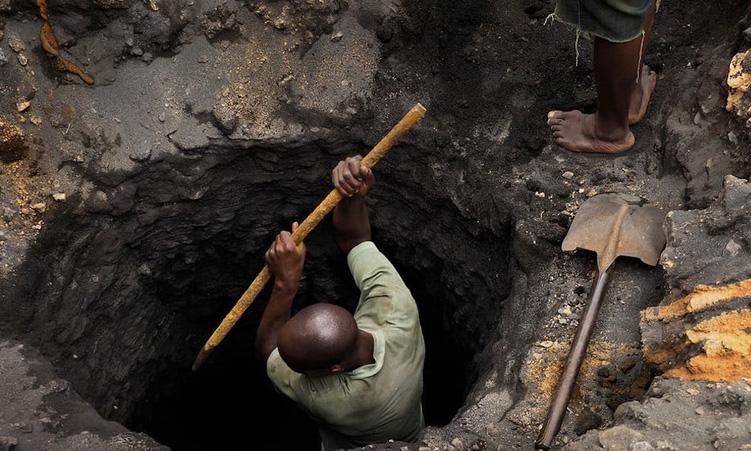BRUSSELS – The Doha round of world trade talks faces “a high risk of failure,” EU Trade Commissioner Peter Mandelson warned on Friday.
Speaking in Lesotho, Mandelson said the talks were set to fail unless “negotiators can restore balance to the different strands of the negotiation and close a deal before a change of US president,” makes negotiating a deal “difficult”. Addressing trade ministers from least-developed countries, in comments released in Brussels, the EU commissioner said that the poorest had the most to lose if the concessions already on table in the Doha Round – including a “paradigm shift” in global farm subsidies – were lost.”It is time to get this deal done,” Mandelson told his audience in the southern African state.”There is no external force that can end this negotiation for us.We’re like a boat with oars.Unless we row, we go nowhere.Unless we all row together, we go in circles.Unless we row now, the tide will push us past the last remaining harbour.””I now fear that Doha is facing a high risk of failure, the first failure ever for a multilateral trade round.That would not be a good signal for the global economy which needs the confidence boost and the insurance against protectionism,” he said.”It would signal that the international community is simply not capable of pulling together when it comes to global economic governance.”He warned against backtracking on past commitments “to real new trade opportunities in both industrial goods and services as well as agriculture.”However he added that there was a risk of introducing too much flexibility that would “effectively neuter new market access, whether in developed or emerging economies.”The Doha round of multilateral trade liberalisation talks was launched in the Qatari capital Doha in November 2001 but has foundered ever since in disputes between developing and industrialised nations.Developing countries have been pressing for greater access to agricultural markets in the industrialised world.Developed nations are in return seeking a better deal for their manufactured products on developing country markets.Mandelson spoke of a “final window” for the deal.”Global agricultural prices are currently high, and price guarantees for farmers are unspent.This offers the US a unique window to reform its trade-distorting farm supports without significant political pain.”Agricultural commodity demand is high and supply is tighter than ever, which makes the logic of freer farm trade compelling.The US political calendar, with the US presidential election in November, “requires a decision in the coming period,” he urged.”The climate for trade deals is not going to improve with a new US President.”Nampa-AFPAddressing trade ministers from least-developed countries, in comments released in Brussels, the EU commissioner said that the poorest had the most to lose if the concessions already on table in the Doha Round – including a “paradigm shift” in global farm subsidies – were lost.”It is time to get this deal done,” Mandelson told his audience in the southern African state.”There is no external force that can end this negotiation for us.We’re like a boat with oars.Unless we row, we go nowhere.Unless we all row together, we go in circles.Unless we row now, the tide will push us past the last remaining harbour.””I now fear that Doha is facing a high risk of failure, the first failure ever for a multilateral trade round.That would not be a good signal for the global economy which needs the confidence boost and the insurance against protectionism,” he said.”It would signal that the international community is simply not capable of pulling together when it comes to global economic governance.”He warned against backtracking on past commitments “to real new trade opportunities in both industrial goods and services as well as agriculture.”However he added that there was a risk of introducing too much flexibility that would “effectively neuter new market access, whether in developed or emerging economies.”The Doha round of multilateral trade liberalisation talks was launched in the Qatari capital Doha in November 2001 but has foundered ever since in disputes between developing and industrialised nations.Developing countries have been pressing for greater access to agricultural markets in the industrialised world.Developed nations are in return seeking a better deal for their manufactured products on developing country markets.Mandelson spoke of a “final window” for the deal.”Global agricultural prices are currently high, and price guarantees for farmers are unspent.This offers the US a unique window to reform its trade-distorting farm supports without significant political pain.”Agricultural commodity demand is high and supply is tighter than ever, which makes the logic of freer farm trade compelling.The US political calendar, with the US presidential election in November, “requires a decision in the coming period,” he urged.”The climate for trade deals is not going to improve with a new US President.”Nampa-AFP
Stay informed with The Namibian – your source for credible journalism. Get in-depth reporting and opinions for
only N$85 a month. Invest in journalism, invest in democracy –
Subscribe Now!










